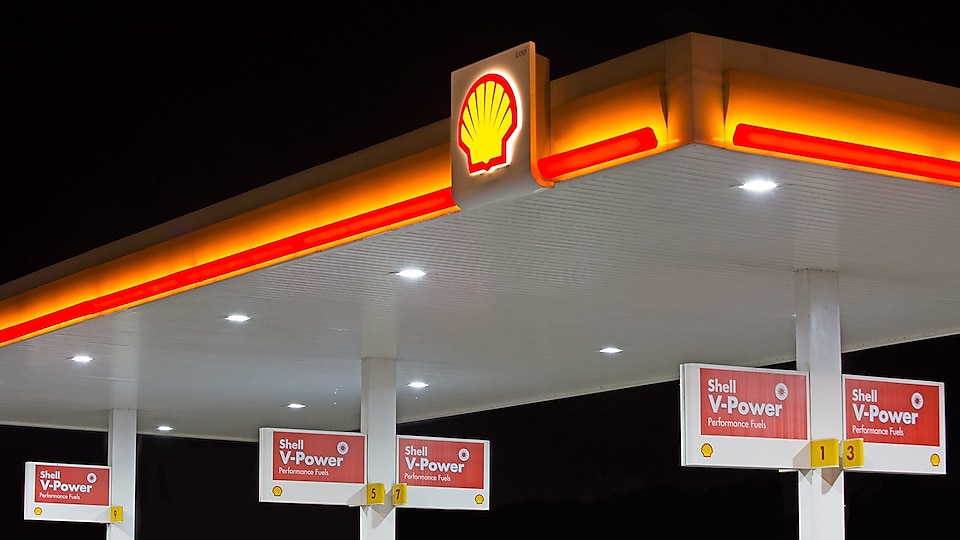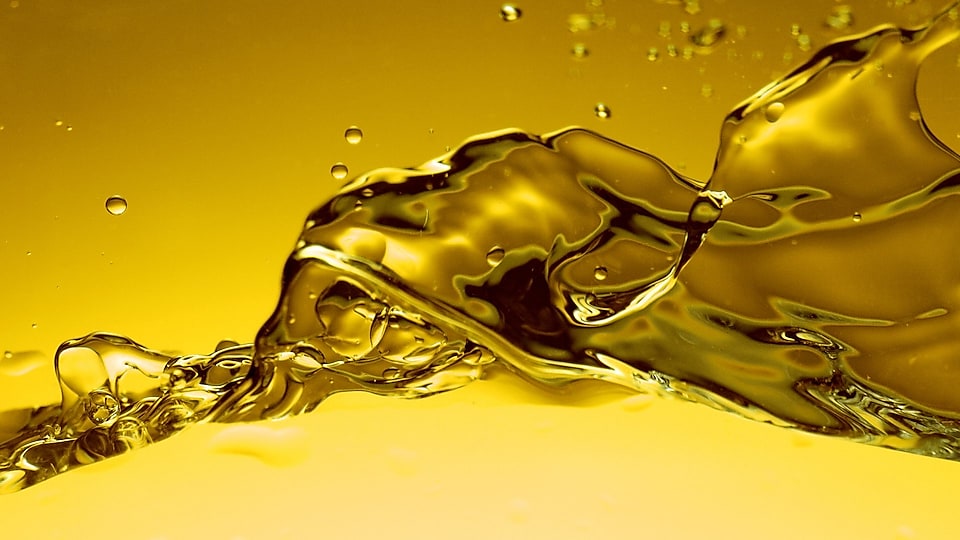
Tips on how to get more mileage
Shell knows how important your vehicle is to your daily life. So, we've put together a list of tips on how to get more mileage from your fuel.
- When moving off from a stationary position, always try to accelerate in a gradual manner. Hard acceleration will cause the engine to burn up more fuel.
- Make sure that your tyres are of the correct tyre pressure, as under inflated tyres will create more resistance and friction with the road surface.
- The majority of cars are designed to travel at the most economical speed of about 80km/hr, try to maintain this speed wherever traffic conditions and speed limit permit.
- Plan your route of travel, this will reduce chances of being caught in a traffic jam and making unnecessary detours.
- Always top up to a full tank of fuel when you are at the service station, as this will reduce the likelihood of rust forming in your petrol tank. Condensation tends to form on the inner sidewalls of the fuel tank that is not submerged in fuel.
- Service and tune your car at regular intervals. This will ensure that your engine is always providing you with the best performance.
- Travelling light will save you more fuel. Leave your golf bags, bicycle racks, spare containers of oil etc. at home if you do not require them. The more weight you carry around with you in your car, the higher your fuel consumption will be.
- For most cars, higher octane does not translate into higher power for your car. Follow the recommendations from car manufacturers. Most cars can use 95 octane petrol which is cheaper compared to 98 octane petrol.
- Spark plugs should be serviced or replace at least once a year or at about 20,000km. The will ensure easy start up and optimum combustion.
- Switch off the engine should you be require to wait for more than 5 minutes. Leaving the car to idle not only uses up more fuel, it will also increase the wear and tear of the engine.
- Brake fluid should be replace every 2 years. This will ensure proper braking efficiency.
- In cold weather climates have the anti-freeze (coolant) in your car replace every 12 months. This will keep your engine running cool, the anti-freeze will also prevent corrosion in the cooling system and lubricate the water pump at the same time
- When driving a manual gearbox car, shift gear at the appropriate rpm (2800rpm to 3200rpm). Try not to `drag' on the gear before changing.
- Automatic cars should be fine tune regularly, this will ensure smooth and correct gearshift.
More in Motorists
Shell fuels
Find out more about our new Shell Fuels.
Shell engine oils and lubricants
Shell is the number one global lubricant supplier and has a 70-year history of innovation. Explore Shell’s range of engine oils and lubricants for cars, motorcycles, trucks and more.

